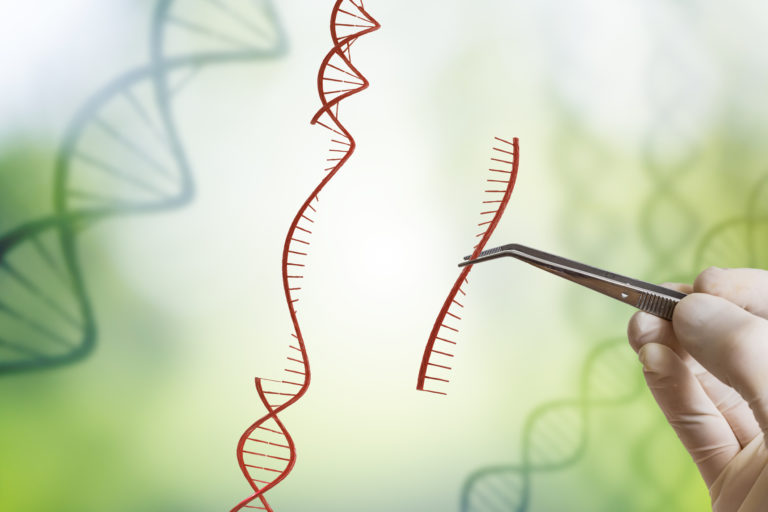Brenda Faiola, Ph.D., DABT
Senior Director, Nonclinical Development

Brenda Faiola, Ph.D., DABT
Senior Director, Nonclinical Development
Dr. Brenda Faiola has over 15 years of experience in the pharmaceutical and medical device industries. She received her PhD in Immunology from Duke University in 2001 and has been a Diplomate of the American Board of Toxicology since 2004. As Senior Director, Nonclinical Development at Rho, Inc., Dr. Faiola provides support regarding nonclinical aspects of Integrated Product Development and Integrated Regulatory Submissions for pharmaceutical, biologics, and medical device programs. In previous roles, Dr. Faiola developed biocompatibility and nonclinical testing programs for various medical devices and other products, served as the sponsor representative for GLP-compliant nonclinical studies, authored/reviewed applicable sections of regulatory agency submissions, served as the biocompatibility subject matter expert for project team and regulatory authority interactions, and managed other staff within the department. She was also responsible for assisting clients with development and implementation of therapeutic product development and life-cycle management strategies for pharmaceuticals, biologics, and medical devices, including writing and reviewing of study protocols and reports, IND applications, and 501(k)/PMA applications. Dr. Faiola was responsible for the design, conduct, and management of preclinical and nonclinical studies/programs under current FDA, OECD, and EPA guidelines, interpreted study data, and wrote study protocols and reports.
Content by Brenda Faiola, Ph.D., DABT

Blog Post
Nonclinical Considerations for Gene Therapy Products
The development of a gene therapy (GT) product has many considerations that differ from those of a traditional biologic or new chemical entity (NCE) program.

Blog Post
Nonclinical Considerations for 505(b)(2) Development Programs
Applicants planning to submit a product for approval through the section 505(b)(2) new drug application (NDA) can benefit from a less costly development program with the potential for a faster route to market than a traditional 505(b)(1) program. Sponsors submitting a product through this pathway can generally plan for a nonclinical development program that is substantially curtailed compared to what is required for submission via the section 505(b)(1) stand-alone NDA pathway.

Blog Post
RMAT Designation…What is it and is it Right for Your Therapeutic Product?
As research teams develop more cellular and gene therapy products for the treatment of a wide array of medical conditions, the need for custom nonclinical and clinical programs required to support market approval of products that are based on human cells, tissues, or HCT/P will rise. And for RMAT designated products, the study designs may be substantially different from more traditional IND programs.
